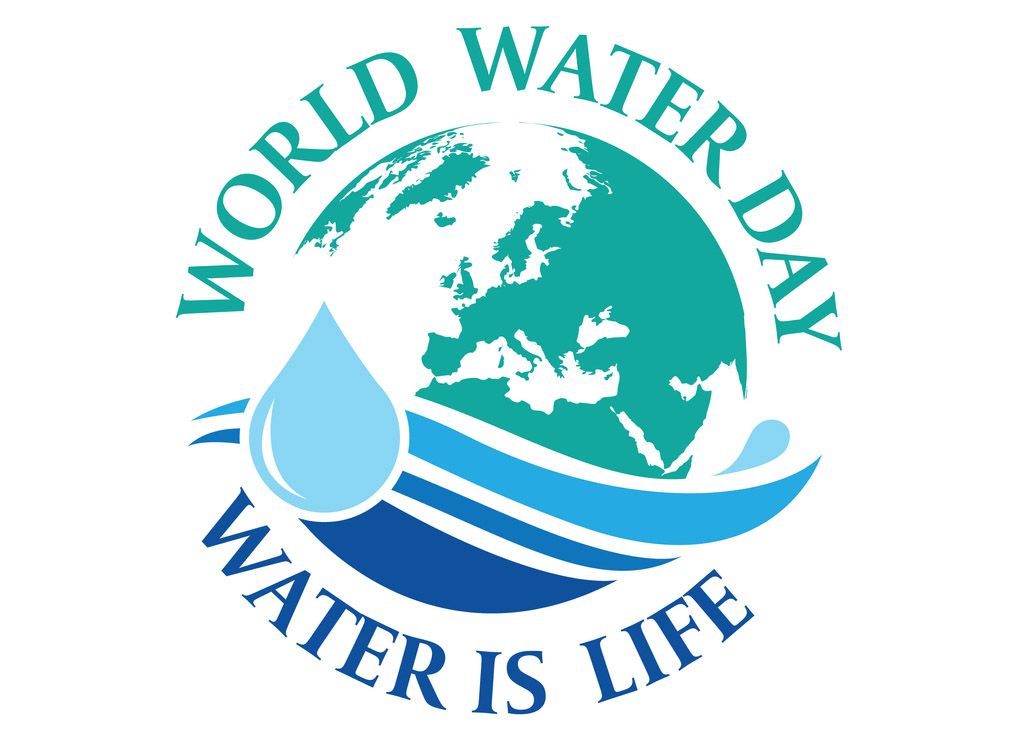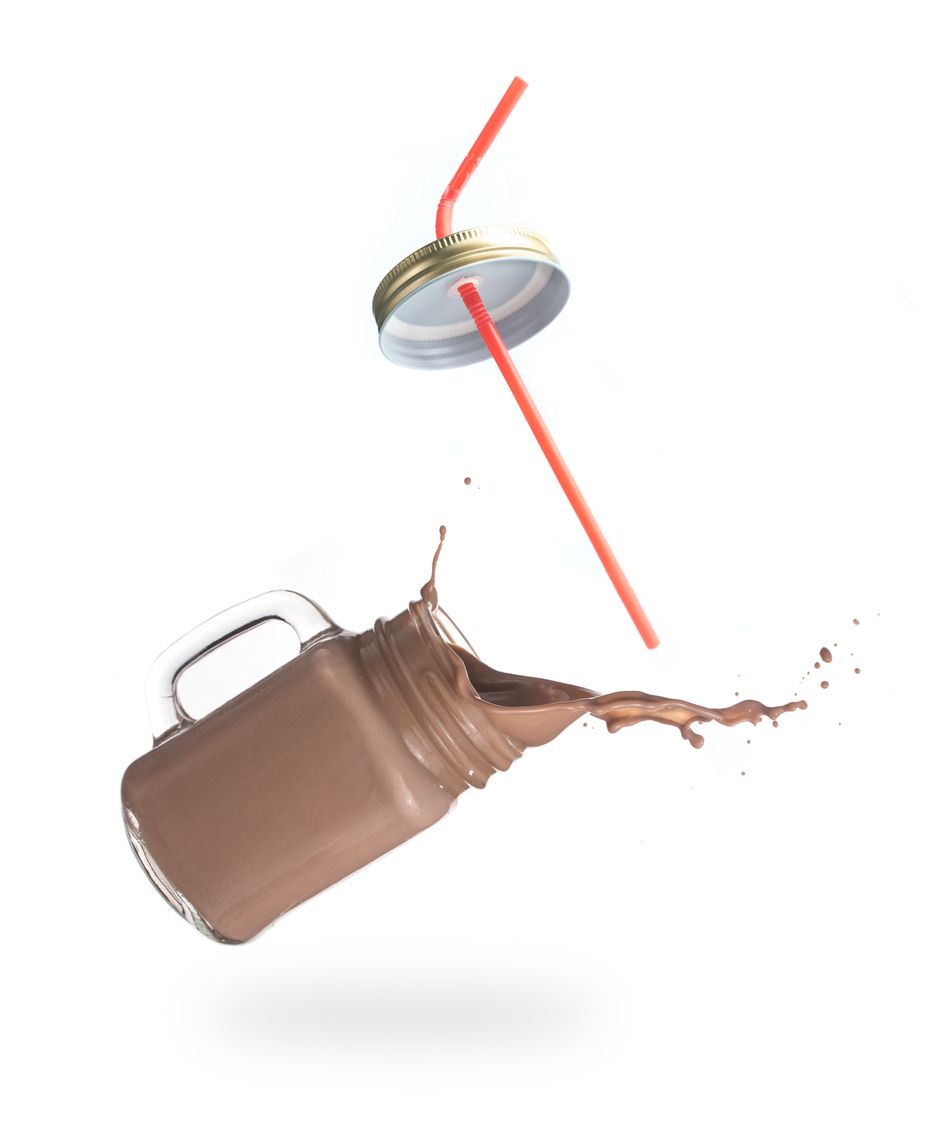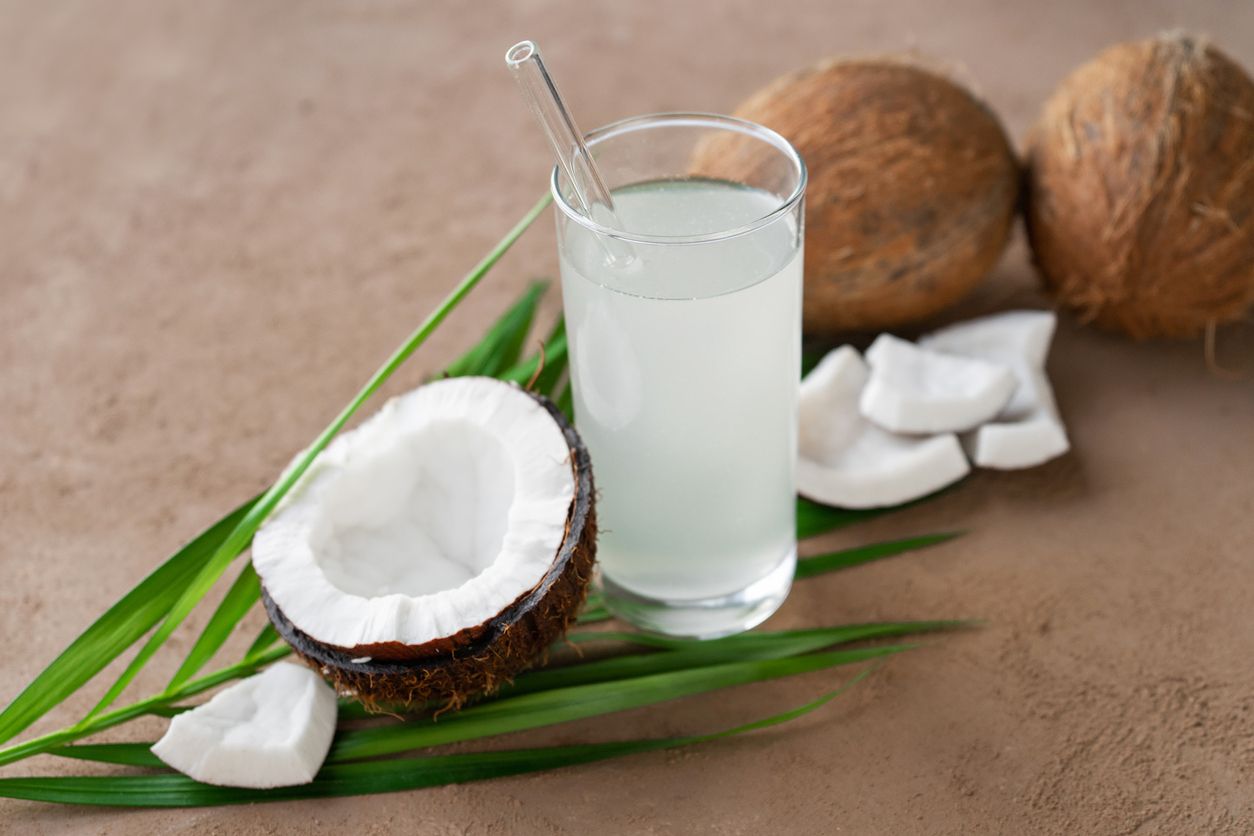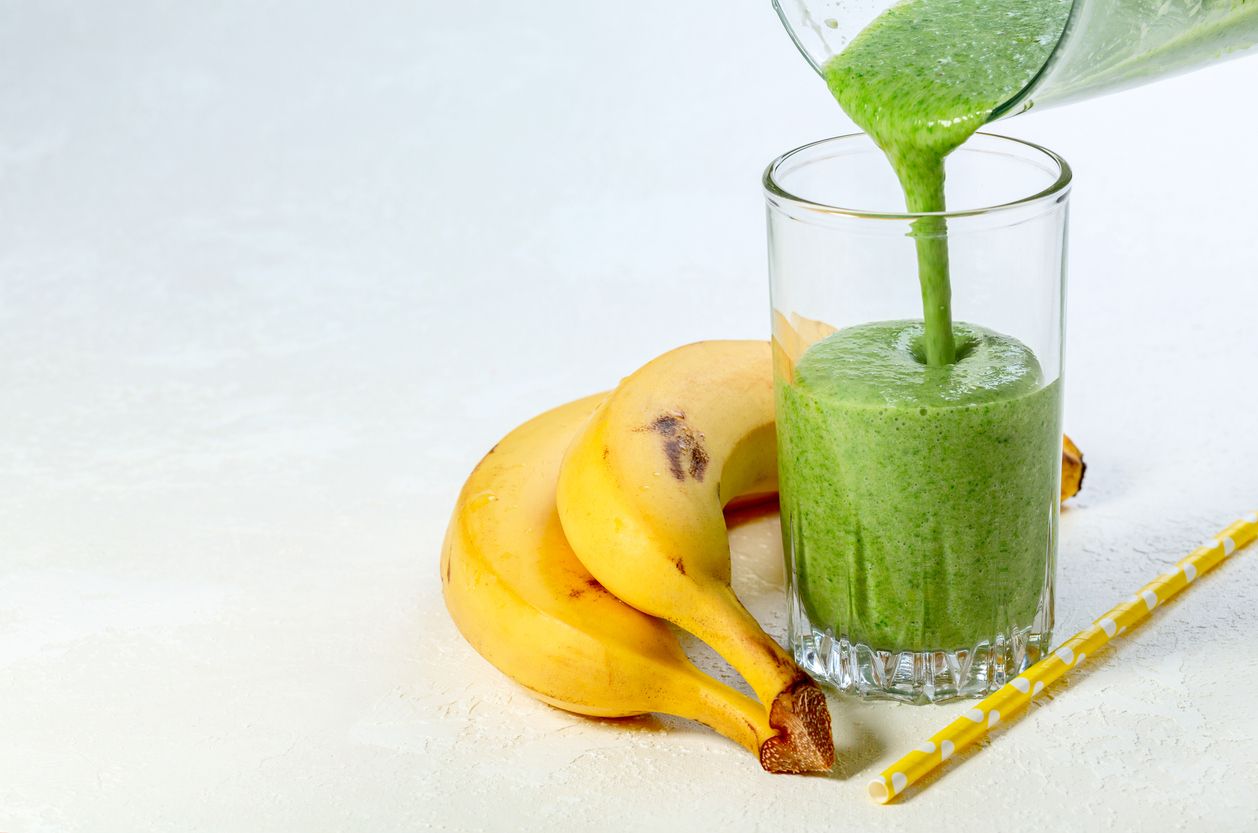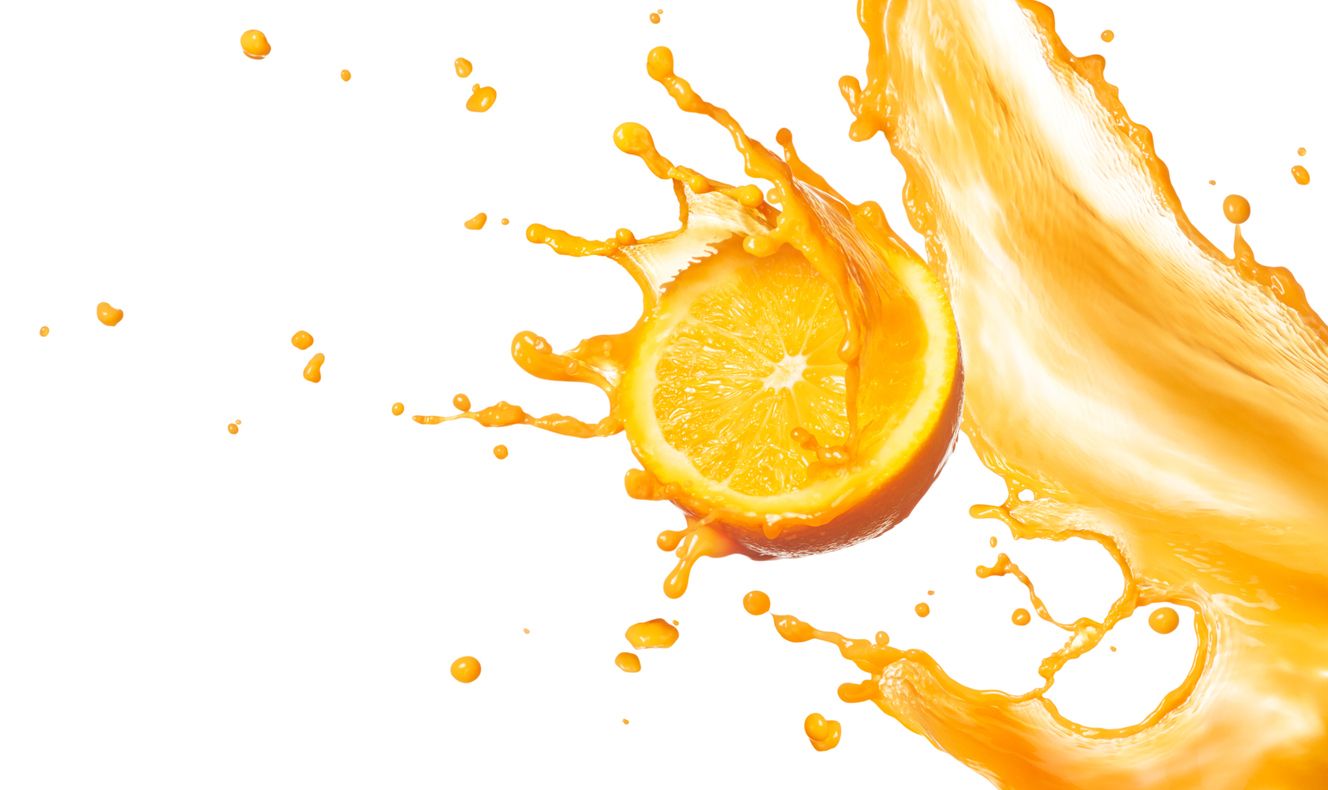Ósmosis inversa vs. agua destilada
Qué es lo mejor para nosotros y el medio ambiente?
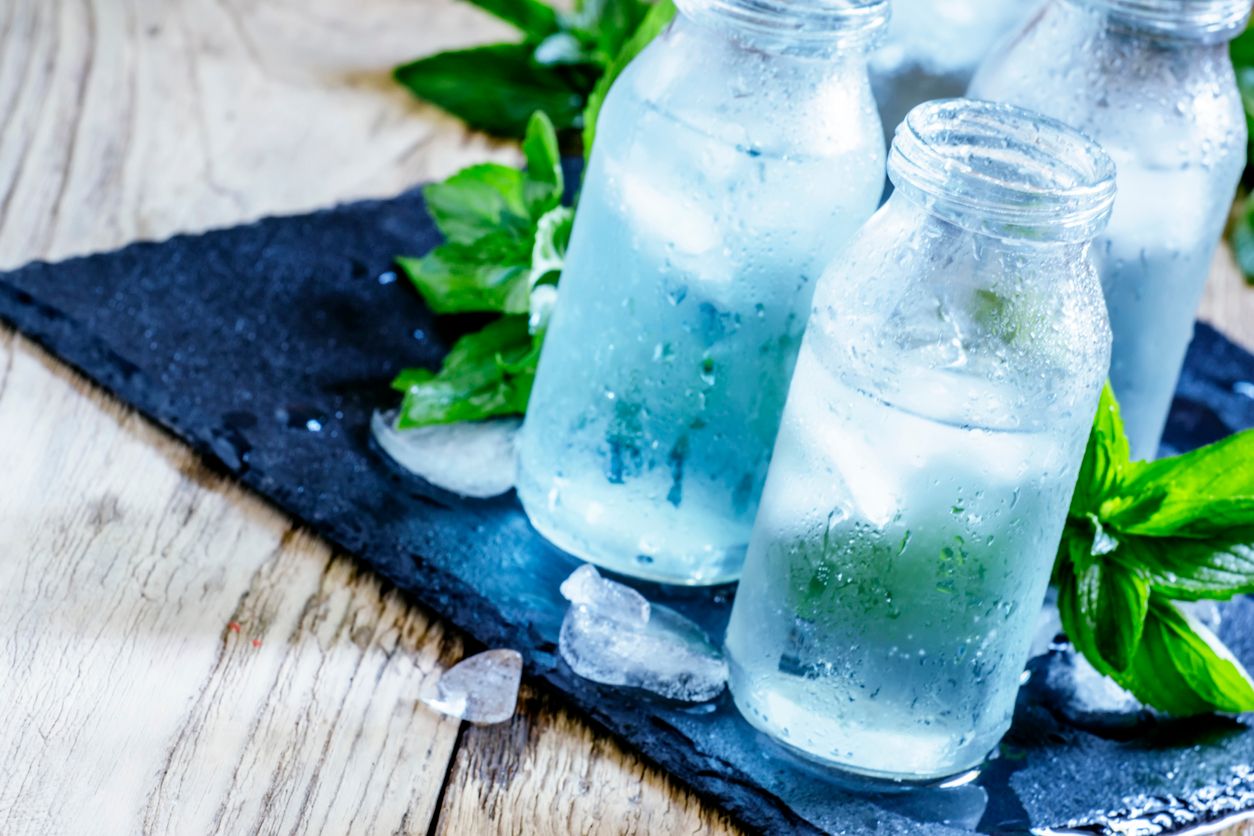
Todos queremos agua potable limpia, pero a veces las opciones pueden ser confusas. Tanto la ósmosis inversa como el agua destilada proporcionan agua potable limpia cuando se realizan correctamente, pero existen algunas diferencias.
Osmosis inversa
La ósmosis inversa es un proceso de filtración que fuerza el agua a través de una serie de membranas finas. Según el agua y el tipo de filtros utilizados, la ósmosis inversa puede eliminar la mayoría y, a veces, todo lo siguiente:
- contaminantes (partículas y productos químicos)
- bacterias
- minerales
Agua destilada
De manera similar, el agua destilada elimina contaminantes, bacterias y minerales del agua del grifo. Aclaremos que la destilación es un proceso de uso intensivo de energía que implica hervir agua, capturar la condensación (vapor) que deja atrás las impurezas y finalmente recolectarla nuevamente en agua líquida. La destilación no es simplemente hervir agua (que mata bacterias y microbios pero no elimina minerales, productos químicos o partículas).
Otros usos del agua destilada incluyen su uso en electrodomésticos donde los depósitos de calcio pueden interferir con su funcionamiento, como humidificadores y planchas.
Ambos son mejores para el medio ambiente
Tanto la ósmosis inversa como la destilación proporcionan agua potable limpia y son una mejor alternativa al agua embotellada, pero ambas le quitan el sabor al agua. Esto se debe a la falta de minerales en ambos, en comparación con el agua del grifo, que contiene calcio, potasio y otros electrolitos/minerales. La buena noticia es que los minerales que faltan en el agua filtrada o destilada se pueden encontrar fácilmente en los alimentos saludables de todos los días. Y agregar gotas de limón, lima o naranja al agua puede hacer que el agua vuelva a estar sabrosa.
Debido a que se ha eliminado el calcio, tanto la ósmosis inversa como el agua destilada a veces pueden ser beneficiosas para prevenir los cálculos renales. También es una alternativa para algunos pacientes en los que un médico supervisa el equilibrio electrolítico.
Celebremos el agua, mantengámonos hidratados
Al final del día, lo más importante que debemos recordar es mantenernos hidratados, incluso si eso significa complementar los electrolitos con agua de coco u otras fuentes saludables de electrolitos.
A lo largo del mes de marzo, en StemFoods Holistics nos unimos al mundo para crear conciencia sobre nuestro recurso natural más preciado: el agua. El 22 de marzo es el Día Mundial del Agua y alentamos a las personas y organizaciones a participar en la celebración de este importante día.
